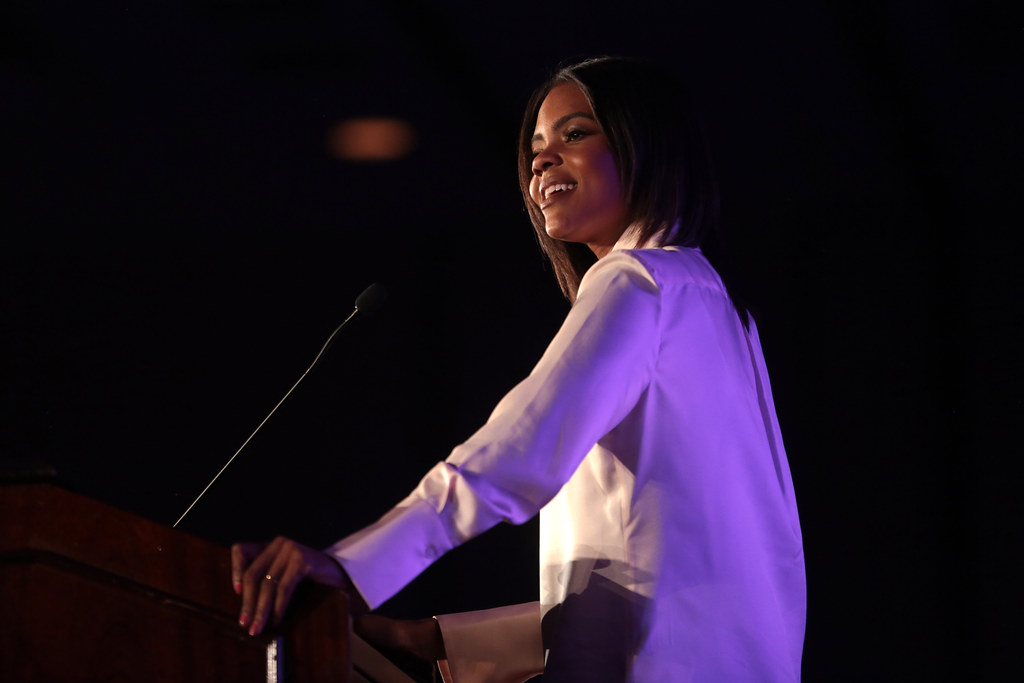Key Takeaways
- Australia’s High Court refused the Candace Owens visa, ruling she failed a “character test.”
- Justices said implied political speech is limited under Australia’s Constitution.
- Home Affairs Minister cited Owens’s past inflammatory comments toward several communities.
- The decision underscores Australia’s strict visa rules to maintain social harmony.
Why Australia Denied Candace Owens Visa
Australia’s highest court has blocked the Candace Owens visa. The justices agreed she did not meet their “good character” requirements. As a result, she cannot enter Australia for her planned speaking tour.
Background on the Visa Application
Last year, Candace Owens applied for a visa to visit Australia. She planned to speak at a series of events on politics. However, the Home Affairs Minister used a clause in the Migration Act. That clause bars visas for individuals who may “stir up or encourage dissension.” The minister said Owens’ comments risked stirring hostility in a tense social climate.
In response, Owens challenged the decision in court. She argued that blocking her visa violated free speech protections in Australia’s Constitution. Nonetheless, the High Court threw out her petition.
What the High Court Decided
In a unanimous ruling, Justices Stephen Gageler, Michelle Gordon and Robert Beech-Jones said political communication in Australia is not unlimited. They stressed that implied freedom of speech is neither a personal right nor absolute. Meanwhile, Justice James Edelman added in a separate opinion that Owens’ arguments deserved outright rejection.
They pointed to Australia’s Migration Act. This law allows visa denials to protect the community from visitors who might spread hate, distrust or division. The justices agreed that Owens failed the character test because her past remarks could inflame tensions.
How the Candace Owens Visa Case Played Out
First, the Home Affairs Minister reviewed Owens’ public statements. He highlighted her claims about Muslim, Black, Jewish and LGBTQIA+ groups. Then he found that these remarks amounted to extremist or inflammatory speech. Therefore, the minister concluded a visa would carry the risk of public disorder.
Next, Owens took her fight to Australia’s High Court. She claimed the minister’s decision overruled the Constitution’s implied freedom of political speech. Ultimately, the court found that visa rules under the Migration Act stand above any implied speech protection. Consequently, Australia’s “good character” rule held firm.
Australia’s Character Test Explained
Australia’s Department of Home Affairs defines “good character” as a person’s lasting moral qualities. In visa decisions, this test checks whether someone might disrupt public peace. Thus, officials look at past behavior, online posts and public statements.
In Owens’ case, officials focused on her history of spreading controversial or misleading claims. For instance, she once stated the French president’s wife was actually a man. Such assertions, they argued, could spark confusion and anger among Australian communities.
Furthermore, Australia’s security agencies warned that her presence could feed social tensions. They feared protests or conflicts might break out at her events. As a result, the minister and justices agreed she failed to meet the character requirement.
Why Implied Speech Rights Are Limited
Unlike some countries, Australia’s Constitution does not list freedom of speech as a personal right. Instead, its High Court has inferred an implied freedom of political communication. Nevertheless, this freedom only applies when laws restrict speech directly. It does not prevent laws like the Migration Act from controlling who can visit.
Therefore, Australia can limit entry for people whose past speech might harm society. The justices emphasized that this control aims to protect citizens. Consequently, the court held that implied speech freedom cannot stop the government from upholding visa rules.
Impacts of the Ruling
This decision may shape future visa requests by public figures. It sends a clear message: Australia will deny entry to anyone deemed a risk to social harmony. Moreover, the ruling could spark debates about where to draw the line between free speech and public safety.
Some free speech advocates worry this case gives too much power to the government. Conversely, others support strict entry rules to prevent hateful or divisive messages from spreading. Regardless, the decision highlights how immigration laws can affect political discourse.
What’s Next for Candace Owens
At this point, Candace Owens cannot enter Australia on a speaking tour. She could seek a different type of visa, but the character test would still apply. Alternatively, she might appeal the decision through legislative or diplomatic channels. However, that path seems unlikely to succeed.
Meanwhile, Owens remains active online and in the United States. She has criticized the ruling on social media, calling it a threat to free speech. Yet under Australia’s current legal framework, her case has little chance of reversal.
Conclusion
The Candace Owens visa case shows that Australia places strong limits on visitors who might disturb public peace. By upholding the Migration Act’s character test, the High Court reinforced that freedom of political speech is constrained. As a result, Owens’ planned tour Down Under will not take place. Australians and observers worldwide will watch how this decision influences future debates on speech, immigration and national security.
FAQs
What led to the refusal of the Candace Owens visa?
Officials found her past remarks could stoke social tensions and fail Australia’s character test. The High Court agreed and blocked her entry.
Can Australia’s implied freedom of speech protect visitors?
No. Australia’s Constitution does not guarantee personal free speech rights. Implied political communication is limited and does not override visa laws.
How does Australia define a “good character” visa applicant?
The Department of Home Affairs looks at lasting moral qualities, past behavior and any risk of public disorder from the applicant’s views or actions.
Does this ruling affect other public figures seeking visas?
Yes. It sets a precedent that anyone whose speech could disrupt community harmony may be denied entry under the character test.
